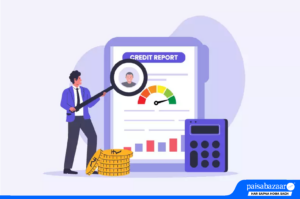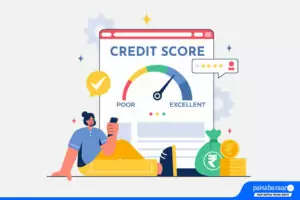When talking about credit scores, there are many common myths and misconceptions that keep the borrower’s judgement in doubt or dilemma. A credit score is an important number which is considered by lenders when you apply for a loan, credit card or any other credit product. Credit score, which is calculated and generated by the Credit Information Companies (CICs) or credit bureaus, is checked by lending institutions before any loan or credit card approval.
Several times, your credit score is also fetched by insurance companies to decide your premium amount and/or coverage. Read on to remove all your misconceptions and misunderstandings regarding myths regarding credit scores.











